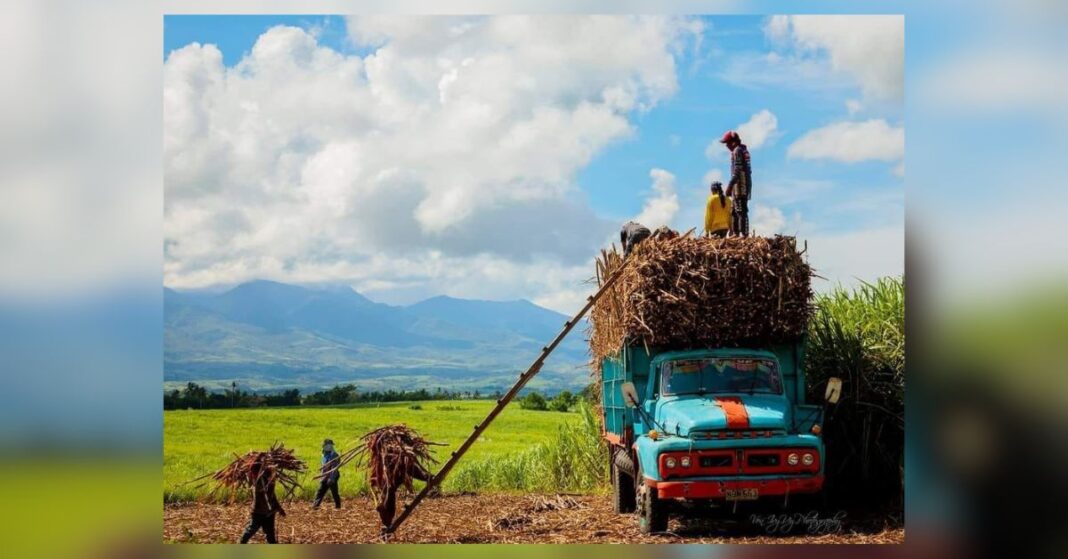The order of President Ferdinand Marcos Jr. to remove non-tariff barriers, aimed at bringing down rising domestic prices of agricultural products, has alarmed sugar farmers who said that it will threaten to flood the country with excessive volumes of food imports.
In a position paper addressed to President Marcos, the Sugar Council expressed concern that removing non-tariff barriers will result in import liberalization, leading to the death of local agricultural production at a time when most countries in the world are experiencing food supply shortage.
Non-tariff barriers are policy measures, other than customs tariffs, that restrict trade, including, but not limited to quotas, import licensing systems, regulations, and red tape.
In Administrative Order 20 issued on April 18, President Marcos ordered the Department of Agriculture and its attached agencies, Sugar Regulatory Administration, National Food Authority, and the Department of Trade and Industry to simplify procedures and requirements in licensing importers, minimize the processing time of application for importation, and exempt licensed trades from submission of registration requirements.
“It is imperative to further streamline administrative procedures to foster transparency and predictability of policies on the importation of agricultural products in order to help ensure food security, maintain sufficient supply of agricultural goods,” the order said.
“While agreeing with the need to reduce red tape and further streamline importation procedures to help stabilize prices of basic necessities,” the Sugar Council statement warned that without “appropriate safety nets and effective competitiveness enhancement measures,” AO 20 cannot “ensure food security, maintain sufficient supply of agricultural products in the domestic market, and improve local production.”
The Sugar Council is an alliance of three sugar farmers’ federations, composed of the National Federation of Sugarcane Planters (NFSP), Confederation of Sugar Producers Associations, Inc. (Confed) and Panay Federation of Sugarcane Farmers Inc. (PANAYFED).
It said that the removal of the SRA’s existing importation rules and regulations, including its say on relevant fees and charges, would constitute a loss of SRA’s regulatory authority and revenues. This will undermine the agency’s wherewithal to fund programs that directly help sugarcane farmers.
In effect, the Sugar Council fears, AO 20 could undercut the ability of the SRA to deliver on its mandate under Executive Order No. 18, Series of 1986, which is “to establish and maintain such balanced relation between production and requirement of sugar and such marketing conditions as will ensure stabilized prices at a level reasonably profitable to the producers and fair to consumers.”
The Sugar Council urged government to follow through with an Administrative Order that will lay down the necessary safety nets to make the sugar industry, and the entire Philippine agriculture sector competitive.
It also reiterated the call for a Sugar Importation Program “anchored on the principles of transparency, inclusiveness, and timely and accurate data analysis in order to be properly calibrated in terms of volume and timing.” (Gilbert Bayoran via The Visayan Daily Star)

